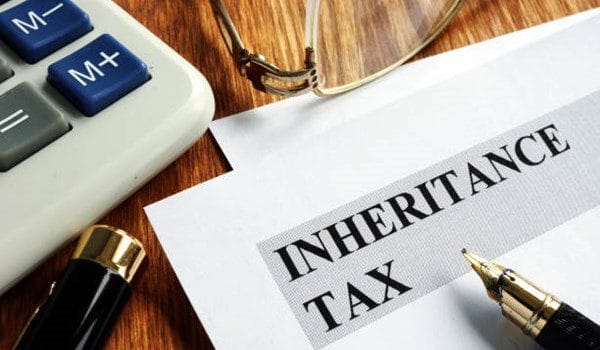🎧 Listen to This Article
Swiss voters will face a critical referendum on November 30, 2025, that could reshape the country’s tax landscape for high-net-worth individuals. The ballot concerns a proposal by the Young Socialists (Juso) to impose a 50% inheritance tax on estates exceeding 50 million Swiss francs (approximately $63 million). Proponents argue the measure would generate significant revenues to combat climate change, but critics warn of economic repercussions.
Background and Proposal Details
Switzerland, renowned for its favorable tax policies attracting affluent residents worldwide, now faces a potential disruption. Juso’s initiative targets the ultra-rich, stipulating that half of any estate value above the 50 million franc threshold would be subject to taxation upon inheritance.
This proposal emerged amid growing global calls for wealth redistribution and funding for climate initiatives. Juso collected over 100,000 signatures, triggering the mandatory referendum under Swiss direct democracy laws, despite opposition from both parliament and the federal government.
Economic and Political Implications
The proposed tax aims to redirect wealth from the country’s wealthiest estates to finance climate-related projects. However, the initiative has provoked fierce debate. Opponents, primarily a coalition of centrist and right-wing parties, argue the measure would destabilize Switzerland’s economic environment by penalizing family-owned businesses and wealthy taxpayers who significantly contribute to the economy.
In their statement, the opposition warned that “the brutal 50% inheritance tax threatens the existence of family businesses and causes high economic costs,” framing the proposal as a setback for the country.
Switzerland has recently become a refuge for wealthy individuals fleeing tightening tax regimes elsewhere, such as the UK’s clampdown on “non-dom” tax advantages and Norway’s wealth tax increases. A shift away from Switzerland’s low-tax environment could trigger capital flight and loss of economic activity.
Broader Context: Wealth Taxation and Direct Democracy
This referendum reflects broader global trends in addressing wealth inequality through targeted taxation, especially as governments seek new revenue sources post-pandemic and to fund sustainability goals. Switzerland’s direct democracy enables such proposals to be decided directly by citizens, making this vote a significant exercise in balancing fiscal policy, social equity, and economic competitiveness.
Observers will closely monitor the referendum’s outcome, as it may influence similar initiatives worldwide and affect the strategic decisions of high-net-worth individuals considering residency.
As Switzerland prepares for the November vote, the decision will reverberate beyond national borders. The proposal pits social justice and environmental funding ambitions against economic stability and business continuity. For multinational companies, family offices, and ultra-wealthy individuals, the outcome will signal the future trajectory of Swiss tax policy and its role as a global financial hub.
For further details, clarification, contributions, or any concerns regarding this article, please get in touch with us at editorial@tax.news. We value your feedback and are committed to providing accurate and timely information. Please note that our privacy policy will handle all inquiries.



